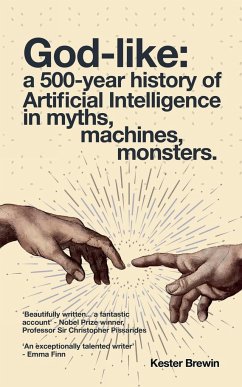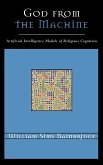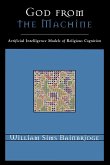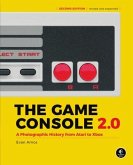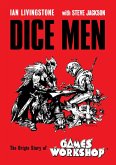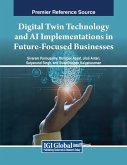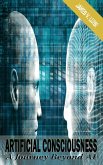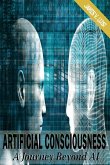'Beautifully written...a fascinating account of our centuries-old desire to build machines with higher intelligence and - now that we have done - our agony about what to do with them.' - Professor Sir Christopher Pissarides, Nobel Laureate 'A must-read for anyone fascinated by the past, present, and future of AI' - ChatGPT '100% zesty. It is not only a powerful telling of humanity's ongoing relationship with technology and a reflection on the current questions surrounding AI, but it is also the most compelling radical theological text I have read.' - Tripp Fuller In the year 1600, a monk is burned at the stake for claiming to have built a device that will allow him to know all things. 350 years later, having witnessed 'Trinity' - the first test of the atomic bomb - America's leading scientist outlines a memory machine that will help end war on earth. 25 years in the making, an ex-soldier finally unveils this 'machine for augmenting human intellect', dazzling as he stands 'Zeus-like, dealing lightning with both hands'. In this profound and urgent new book, leading thinker on technology Kester Brewin shows how AI is both stunningly new and rooted in the most ancient human desires. Hailed by the UK government's own lead on AI as 'god-like', as we finally welcome this stunning technology amongst us - with Frankenstein and Faustus, from the ceiling of the Sistine Chapel to the underbelly of Silicon Valley - Brewin skillfully leads us through the myths, machines and monsters that have influenced the development of our greatest and most longed-for invention, and how we can learn to live alongside it. Praise for MIDDLE CLASS: 'Hugely accomplished' - Lucy Morris, Curtis Brown 'An exceptionally talented writer' - Emma Finn, Conville and Walsh Praise for GETTING HIGH: 'Fascinating...revelatory' - Andrew Smith, author of MOONDUST and TOTALLY WIRED. 'Beautiful' - Professor Simon Critchley, author of BOWIE and INFINITELY DEMANDING 'Honest, absorbing, clear-eyed and compelling' - Erik Davis, author of TECHGNOSIS and NOMAD CODES Praise for MUTINY: 'Startlingly original, subtle and substantive, written in a prose that is as lyrical as it is lucid' - Third Way Magazine 'Brilliantly riffs and mashes across literary genres' - Simon Nash 'A stimulating, entertaining, and ultimately profound meditation on what pirates can teach us about living in the real world' - Dr Gladys Ganiel
Hinweis: Dieser Artikel kann nur an eine deutsche Lieferadresse ausgeliefert werden.
Hinweis: Dieser Artikel kann nur an eine deutsche Lieferadresse ausgeliefert werden.

